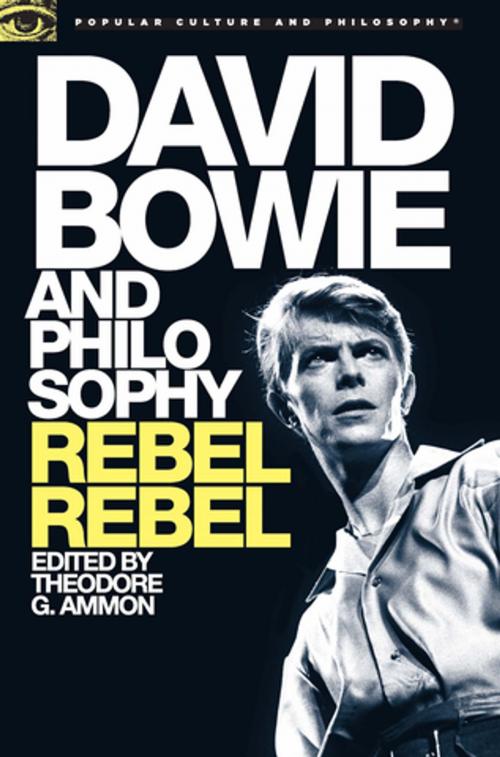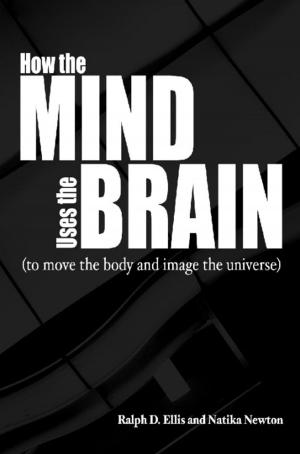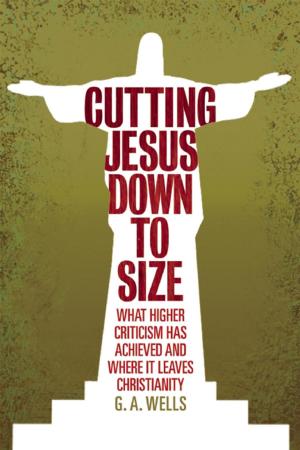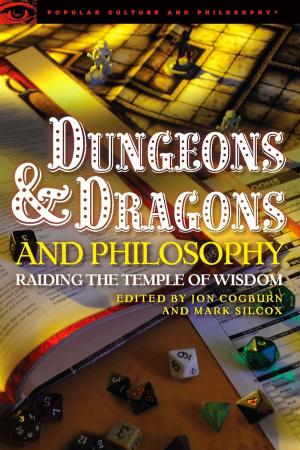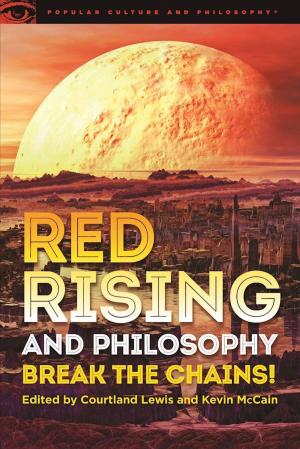David Bowie and Philosophy
Rebel Rebel
Nonfiction, Entertainment, Film, Music, Religion & Spirituality, Philosophy| Author: | ISBN: | 9780812699258 | |
| Publisher: | Open Court | Publication: | September 6, 2016 |
| Imprint: | Open Court | Language: | English |
| Author: | |
| ISBN: | 9780812699258 |
| Publisher: | Open Court |
| Publication: | September 6, 2016 |
| Imprint: | Open Court |
| Language: | English |
Among the topics explored in David Bowie and Philosophy are the nature of Bowie as an institution; Bowie’s work in many platforms, including movies and TV; Bowie’s spanning of low and high art, and his relation to Warhol; the influence of Buddhism and Kabuki theater; the recurring theme of Bowie as a space alien, including Space Oddity” and The Man Who Fell to Earth; the dystopian element in Bowie’s thinking, displayed in 1984” and the album Outside; the role of fashion in Bowie’s creativity; personal identity as preserved over various divergent personae; the aesthetics of theatrical rock and glam rock; Bowie’s public identification with bisexuality and his influence within the LGBTQ community.
Pervasive themes in Bowie’s output include change, time, apocalypse, dancing, mind-body dualism, and spirituality. In the dualistic universe that undergirds his lyrics, body consistently wins over mind, but body is nevertheless on the hook of moral responsibility. There is thus an inherent tension: the overwhelming desires of bodily drives versus the repressive institutions such as church and the omnipresent They” who would have us do otherwise than our body want. The emergent paradox in Bowie is that for all his alleged sexual indulgences, in the end mind trumps body.
Among the topics explored in David Bowie and Philosophy are the nature of Bowie as an institution; Bowie’s work in many platforms, including movies and TV; Bowie’s spanning of low and high art, and his relation to Warhol; the influence of Buddhism and Kabuki theater; the recurring theme of Bowie as a space alien, including Space Oddity” and The Man Who Fell to Earth; the dystopian element in Bowie’s thinking, displayed in 1984” and the album Outside; the role of fashion in Bowie’s creativity; personal identity as preserved over various divergent personae; the aesthetics of theatrical rock and glam rock; Bowie’s public identification with bisexuality and his influence within the LGBTQ community.
Pervasive themes in Bowie’s output include change, time, apocalypse, dancing, mind-body dualism, and spirituality. In the dualistic universe that undergirds his lyrics, body consistently wins over mind, but body is nevertheless on the hook of moral responsibility. There is thus an inherent tension: the overwhelming desires of bodily drives versus the repressive institutions such as church and the omnipresent They” who would have us do otherwise than our body want. The emergent paradox in Bowie is that for all his alleged sexual indulgences, in the end mind trumps body.
